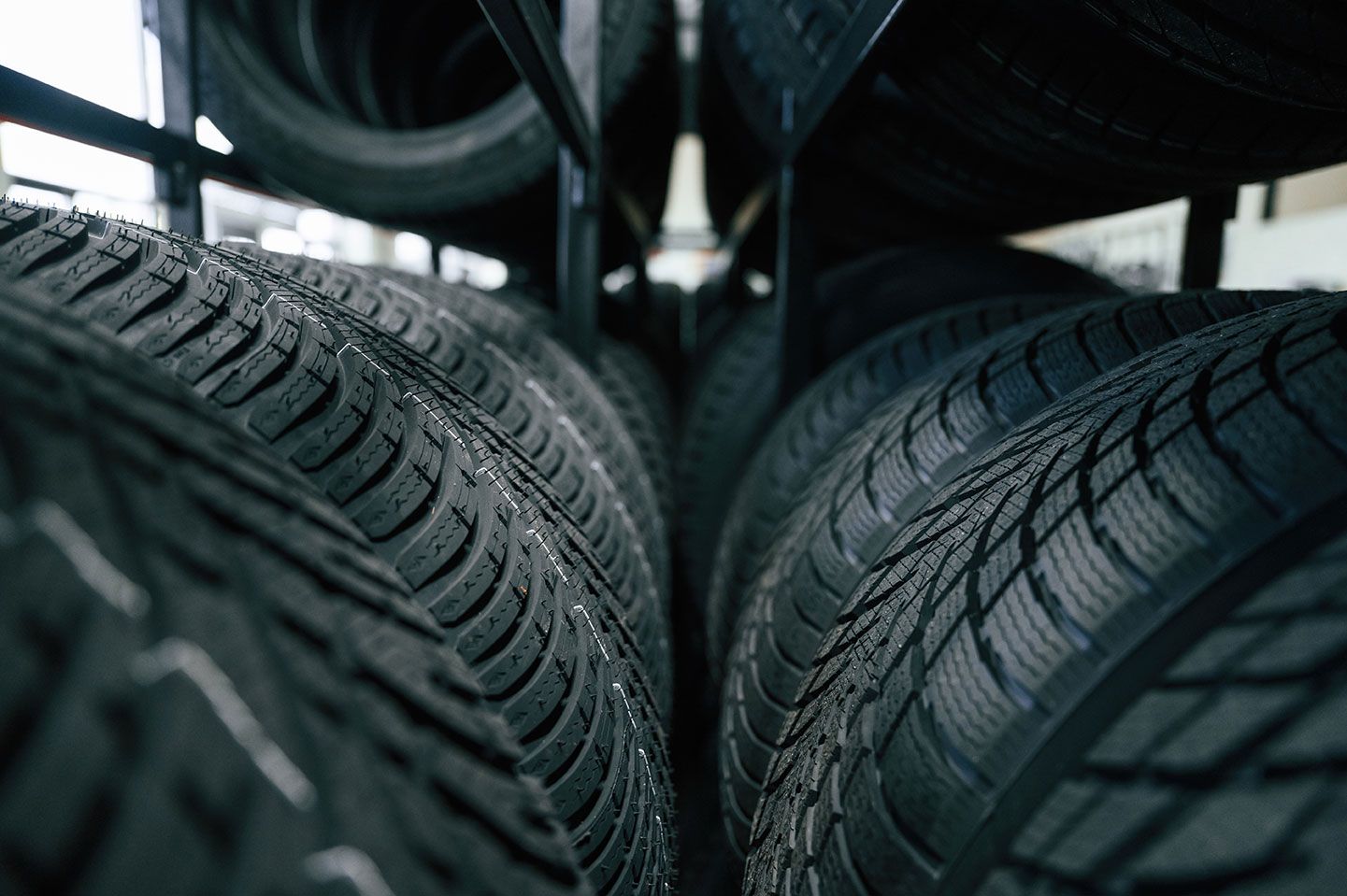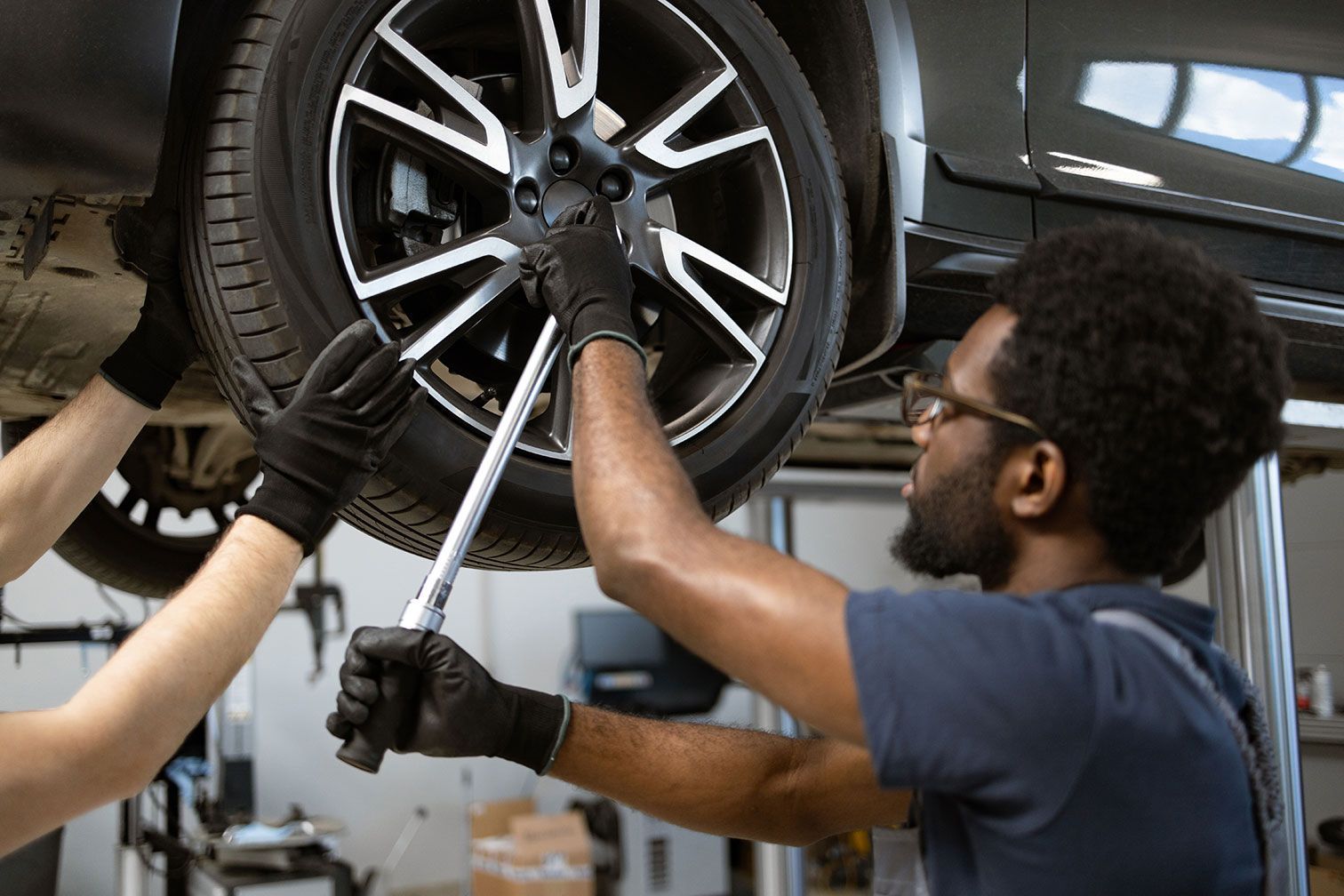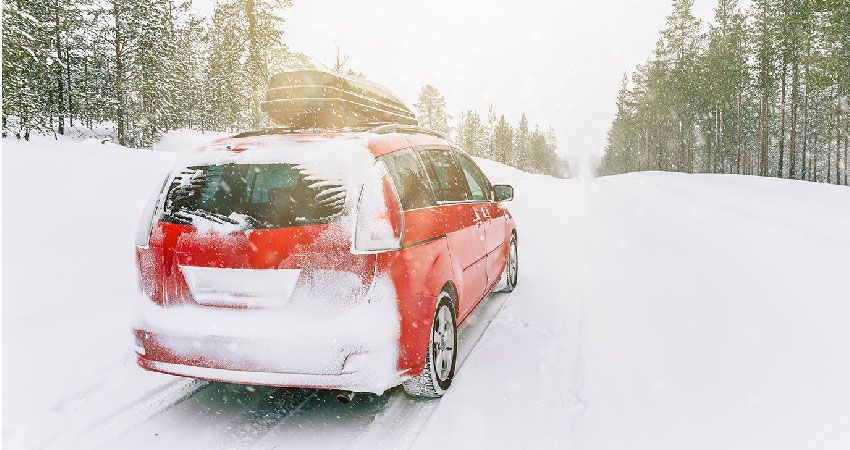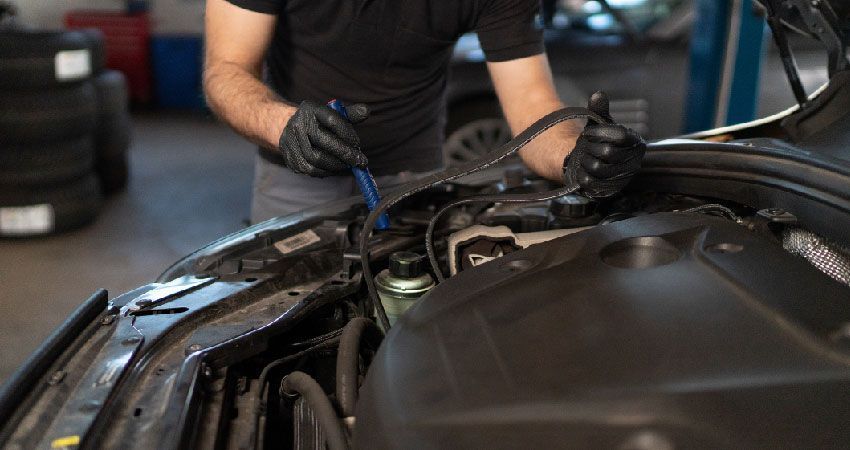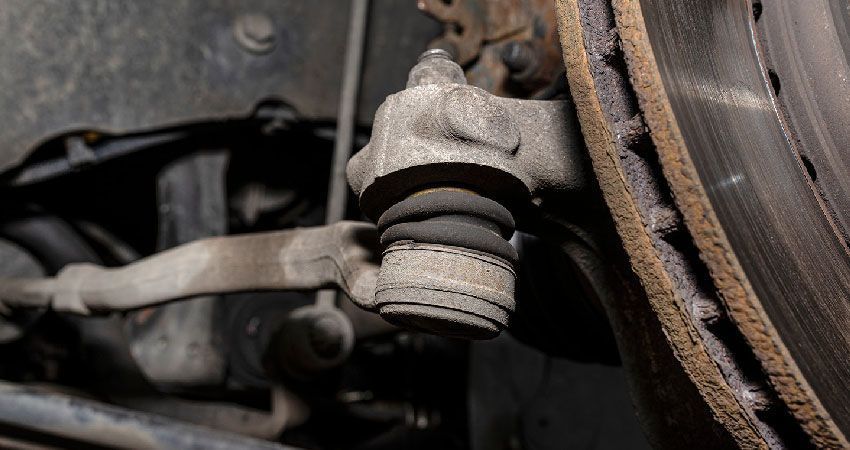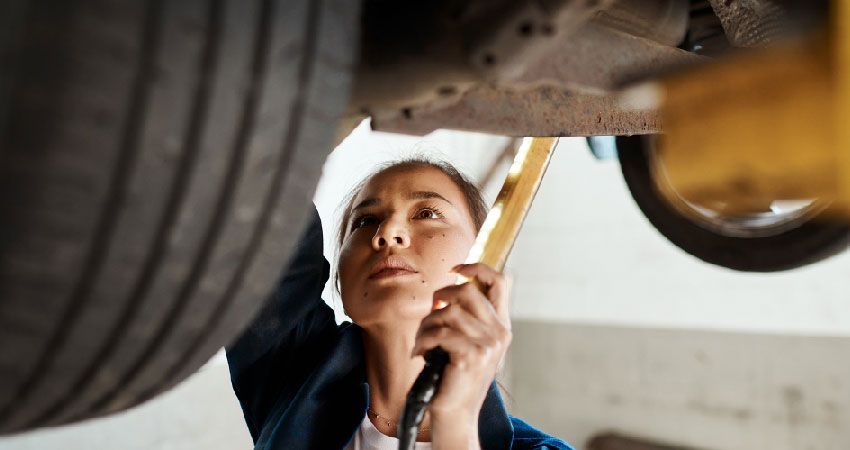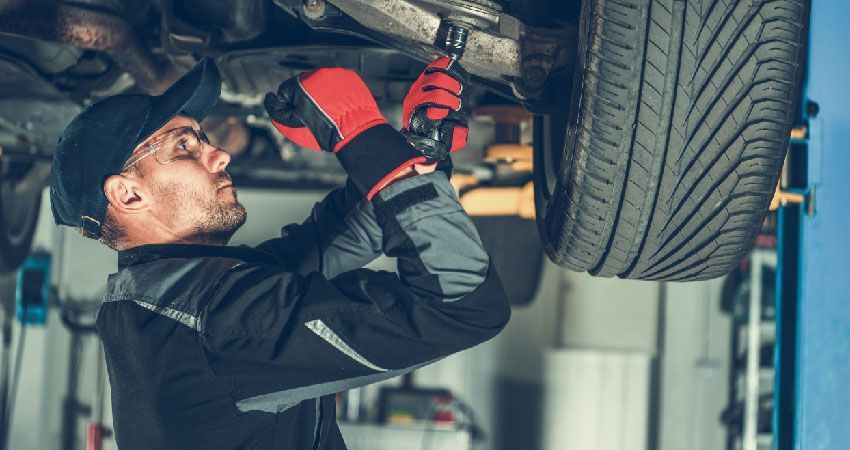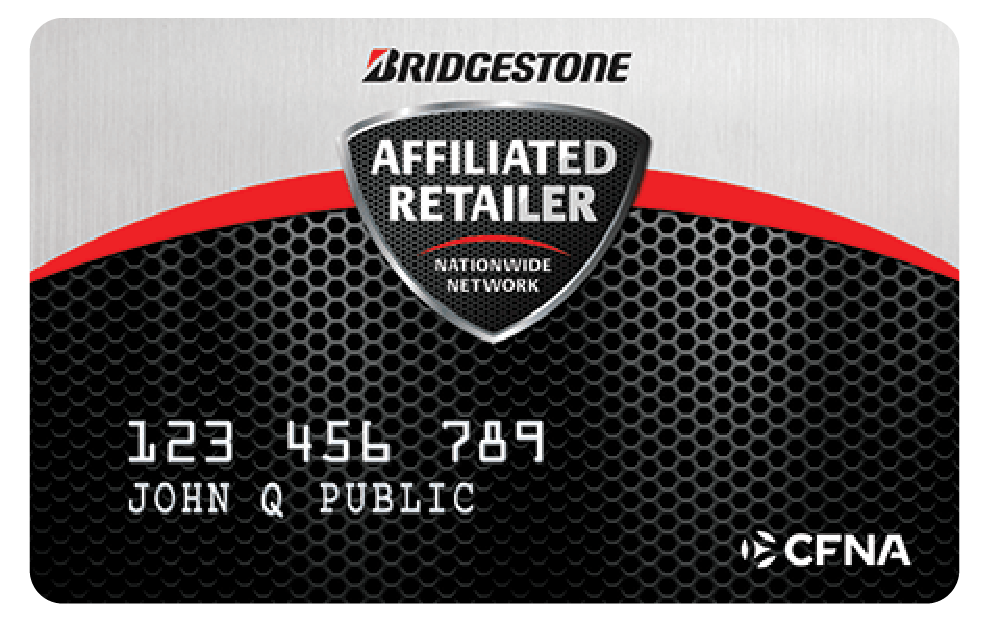Don't Ignore Your Radiator
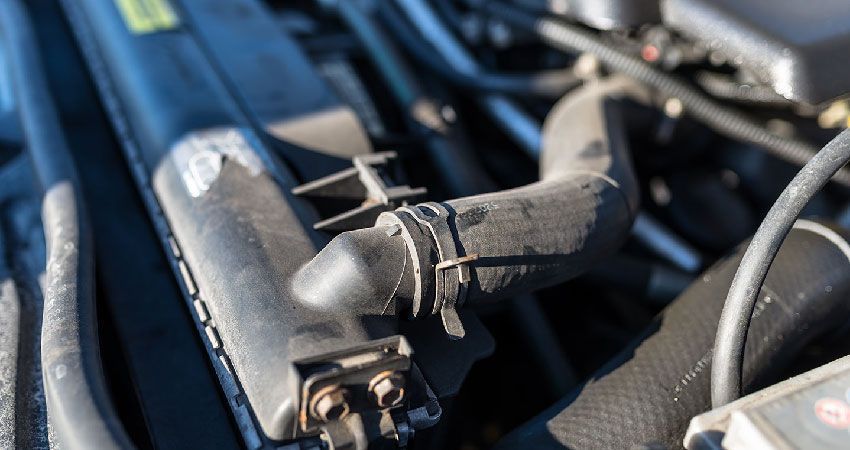
How does a radiator function?
Most of your vehicle’s energy in converted to heat. Just think, all of the moving parts in your engine create much friction and give off much heat energy. The oil in your engine and your vehicle’s exhaust system take care of some of the heat, but the cooling system has to take care of the rest. Your cooling system is in charge of, for lack of a better word, cooling your engine. The cooling system has to make sure that your engine doesn’t overheat and breakdown. Your engine’s radiator is one of the most important parts of your cooling system. Your engine’s temperature is constantly watched by a special thermostat. When the engine gets too hot, the thermostat releases engine coolant, or antifreeze, from your radiator into your engine. The antifreeze travels through the engine’s pipes and passageways to absorb heat and cool the engine. Then, the antifreeze returns to the radiator to be cooled. The antifreeze is cooled three different ways. First, your radiator contains many small chambers through which the antifreeze travels to cool. All of the excess heat then escapes through the radiator’s walls. Second, your engine uses a fan located between the engine and the radiator, and third, the radiator uses the air that blows into the engine through your vehicle’s grill to aid in the cooling process. Once the antifreeze is cooled, it is ready to be re-released into the engine to keep your engine cool and running smoothly.
Why do you need a radiator?
When do you need to replace a radiator?
The most common problem with your engine’s radiator is a leak. A leak is obvious enough to detect and can usually be fixed quite easily. If you find any engine coolant/antifreeze leaking from your engine, have your vehicle inspected for any leaks or damaged radiator hoses. When you have your engine flushed or your antifreeze changed, you should have your radiator inspected. Your antifreeze should be changed every two years or 30,000 miles. Remember, your radiator is a very important component of your vehicle. Without it, your engine will overheat and fail.
What do radiator hoses do?
When your engine is running, it produces tremendous amounts of heat. Your cooling system is responsible for keeping this heat in check and preventing your engine from overheating. One of the most important parts of your cooling system is your radiator. Radiators store and cool your engine coolant. Your radiator is controlled by a special thermostat which constantly watches your engine’s temperature. When the engine gets too hot, the thermostat releases engine coolant, or antifreeze, from your radiator into your engine. The antifreeze travels through the engine’s pipes and passageways to absorb heat and cool the engine. Then, the antifreeze returns to the radiator to be cooled. Once the antifreeze is cooled, it is ready to be re-released into the engine to keep your engine cool and running smoothly. It is the radiator hoses that are in charge of transporting engine coolant to and from the radiator and to and from the engine. Your engine has two radiator hoses: an inlet hose, which takes the hot engine coolant from the engine and transports it to the radiator, and an outlet hose, which transports the engine coolant from the radiator to the engine. These radiator hoses are made of thick, durable rubber in order to withstand the hot engine coolant passing through them.
Why do you need to replace your radiator hoses?
Since your radiator hoses are made of rubber, they will wear, harden, and even crack over time. If your radiator hoses crack, they can leak engine coolant, and your engine can overheat.
When do you need to replace your radiator hoses?
Radiator hoses can last for several years; sometimes they can last for over ten years. However, it is important to check the condition of your radiator hoses periodically. Wait until your engine cools completely, and then feel your radiator hoses. They shouldn’t feel too hard and brittle or too soft and mushy. Inspect the hoses for any cracks as well. You should also check the clamps that hold the radiator hoses in place. If there appears to be any excessive wear or any cracks in your radiator hoses, have them replaced immediately.
Comprehensive Coverage for All Your Automotive Repair Needs Awaits You!
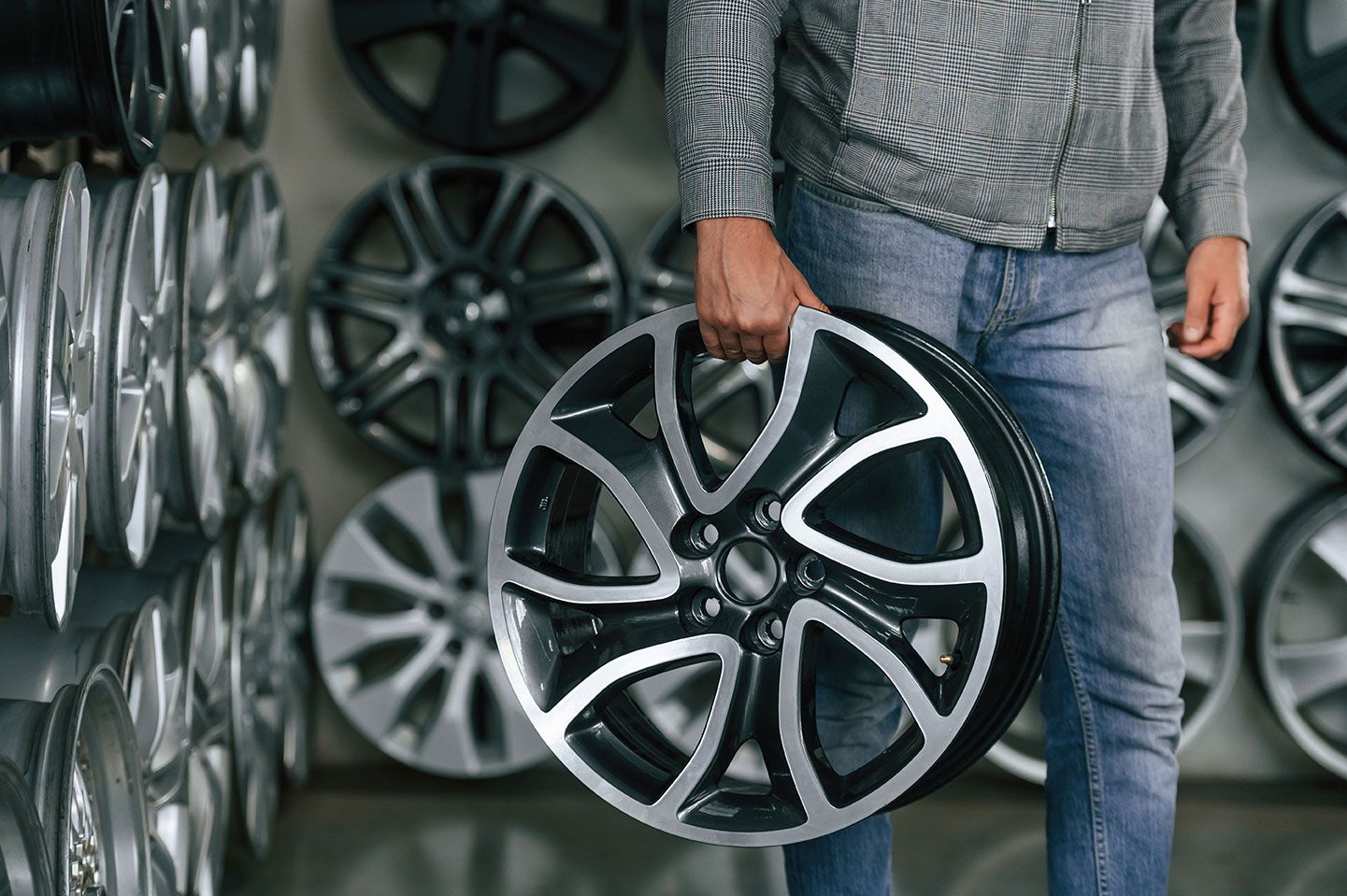
By Melissa Underwager
•
August 7, 2025
When it comes to the performance, safety, and aesthetics of your car, one often-overlooked but crucial component is the wheel. Car wheels serve not only as the foundation for movement but also play a significant role in handling, fuel efficiency, and overall driving experience. In this blog, we’ll dive deep into everything you need to know about car wheels, from their construction to how to choose the best ones for your vehicle.

